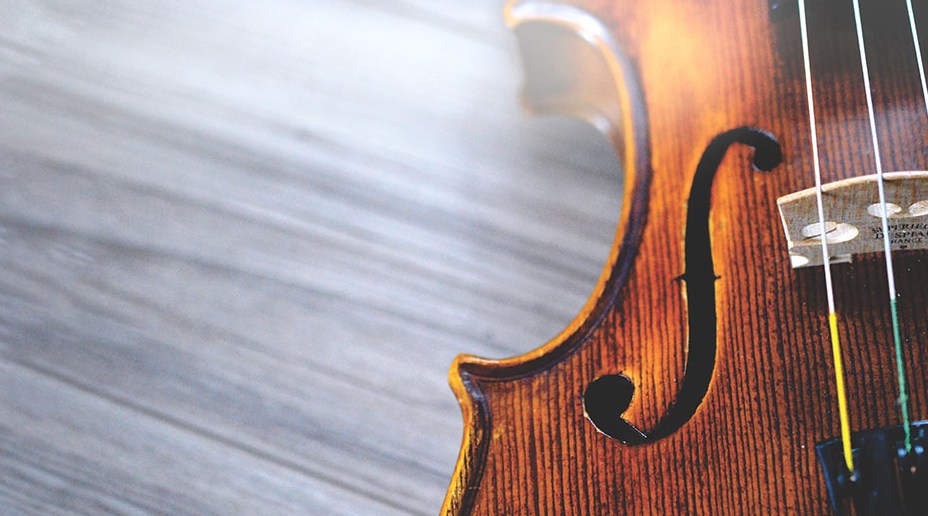- Keep instruments in a safe place when not being played - Consider keeping high-value instruments in a lockable cabinet.
- Make sure your home is secure - All external doors should be locked and windows closed and latched. If you have an alarm, that’s even better!
- Don’t leave your instrument unattended - Especially in places where the public has free access, even at music venues. If you’re unloading or loading your car/van, then make sure someone keeps a look out even if you think the area is safe.
- Don’t let your instrument out of your sight - Stay aware and keep a close-eye on your instrument when using public transport, and don’t leave it all alone on the luggage racks.
- Don’t leave it visible in an unattended vehicle - If you have to leave your instrument in the vehicle, either cover it over or leave it in the boot and lock the vehicle. If you’ve got an alarm, make sure it’s turned on.
- Don’t lend your instrument to someone you don’t trust - We’re mates, right? Don’t lend your gear out to someone you don’t know well or trust. Your instrument will still be covered when on loan, but make sure they treat it as their own.
- Keep a note of your instrument details - Note down your instrument’s make, model and serial number and take photos of it - especially if it has any special identifying features. These details could help your instrument to be recovered if it was sold on after being stolen.
- Check that your buyer is reputable - If you’re selling your instrument check you’ve received the funds before handing over your instrument. If you’re dealing with a large amount of cash, using a platform like PayPal can add an extra layer of security for you both.


